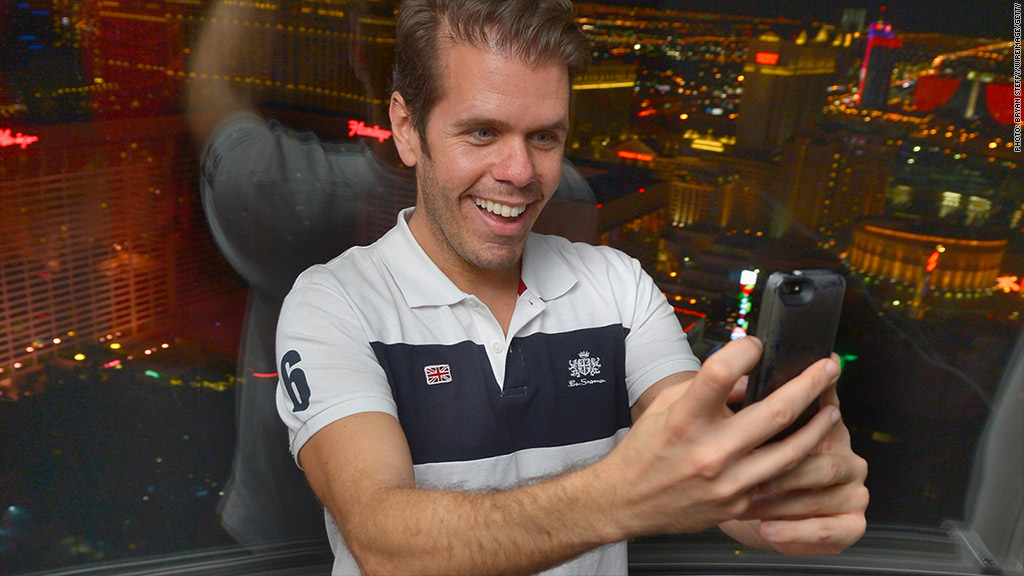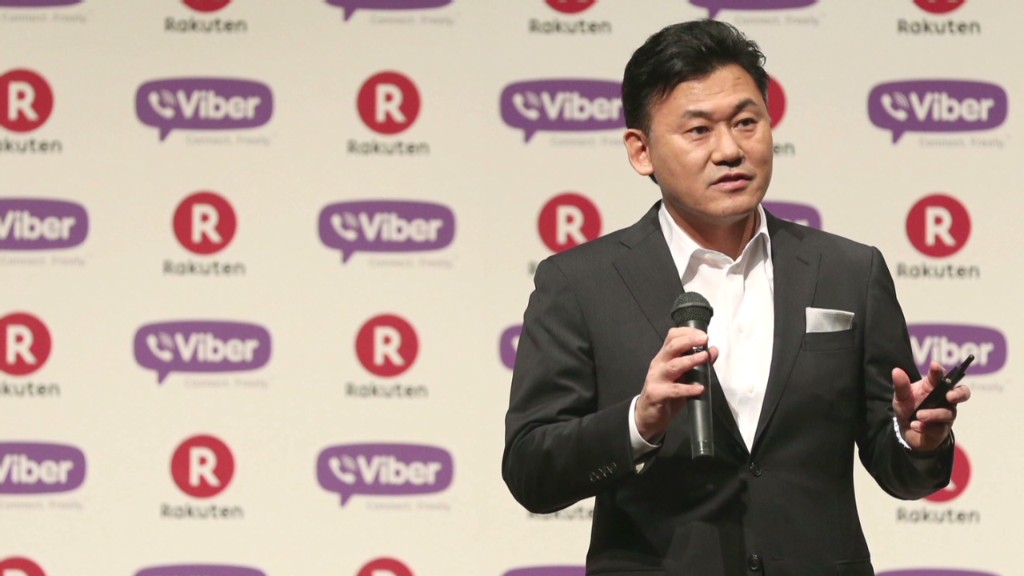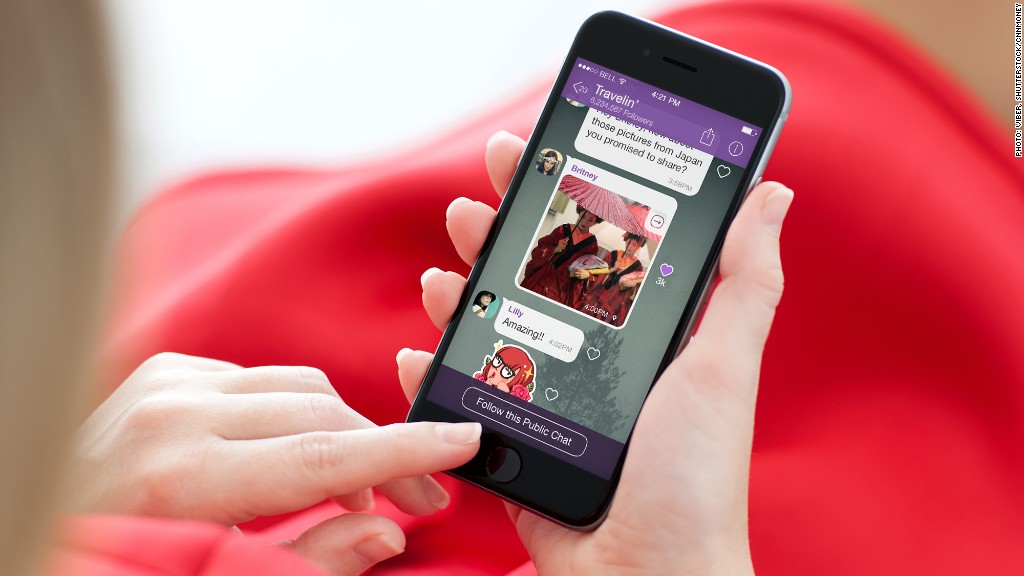
Always wanted to know what Perez Hilton actually gossips about with his friends? Or what models chat about all day long?
You're in luck.
Messaging app Viber is eager to capitalize on the fact that we're all a little (OK, a lot) voyeuristic.
The free messaging and call service (which was bought by Japanese Internet giant Rakuten for $900 million last spring) launched a new feature called Public Chats on Tuesday.

Public Chats will let the Average Joe tap into multimedia conversations (including text, photos, audio, video, stickers and hyperlinks) happening between celebrities and public figures in real-time.
"I like to think of it as social experimenting," said Viber CEO Marco Talmon. "It addresses the basic need for us as humans to look at other people's worlds."
Viber's 209 million monthly active users will have 300 group chats to choose from -- including ones led by Perez Hilton, YouTube star Tyler Oakley, fashion models from Next Model Management and the editors of Rolling Stone.

Sort of like reality television, the idea is for these celebrity personalities to chat with their friends as they normally would -- as if nobody were listening in.
Unlike reality shows, the conversations aren't scheduled -- they could happen at any time of day. Whether the conversations are as "authentic" as reality TV remains to be seen.
Viber said they're "generally not paying" the personalities to chat.
With the new offering, Viber will further differentiate itself from its main competitor -- Facebook's (FB) Whatsapp. Even though it has a larger userbase, Whatsapp falls behind when it comes to features, according to Talmon.
Related: Mark Cuban bets big on new video-sharing app
Any iOS or Android user with the latest version of Viber will be able to "follow" as many of these chats as they wish. But for now, only those "invited" will be able to participate or create their own public chat.
In his first round of interviews since Viber was purchased, Talmon said the company operates mostly autonomously from Rakuten.
"I have a new boss -- we chat sometimes," said Talmon. "[Rakuten] allows Viber to continue to be Viber. [But] we try to maintain a startup spirit."
It's this environment that's helped Viber recruit groups. Leveraging employees in Viber's nine offices around the world has allowed them to tap into local markets, which Talmon thinks users will respond to.
Groups like the Maccabi Electra Tel Aviv will be of interest to a more niche audience: fans of the Israeli Premier League basketball team (and one that Talmon himself is currently following).

